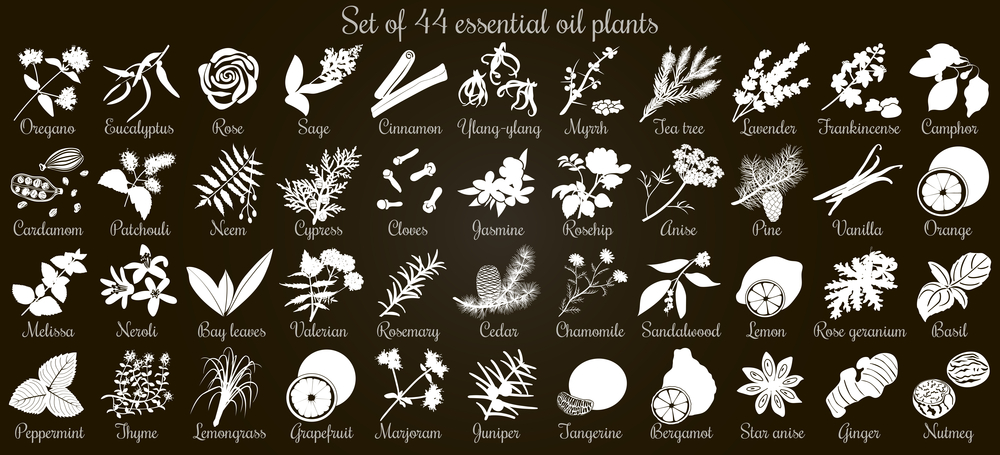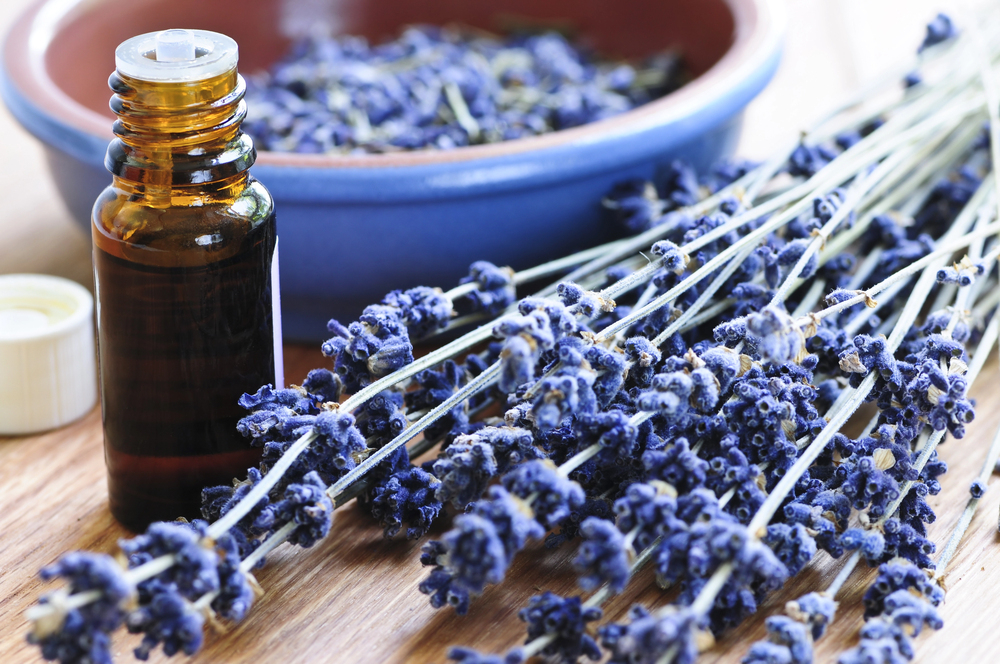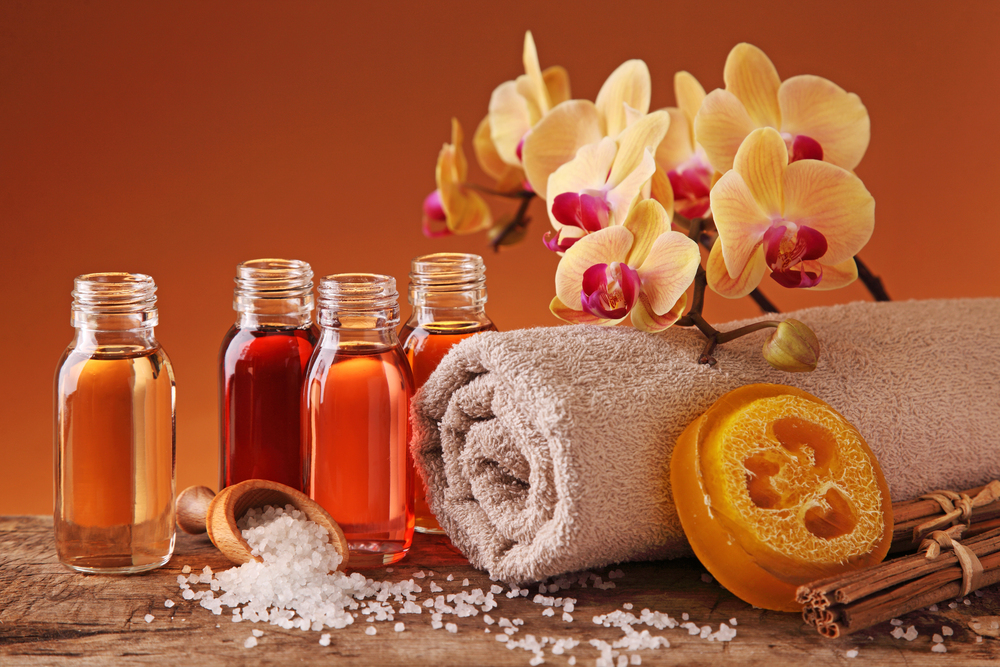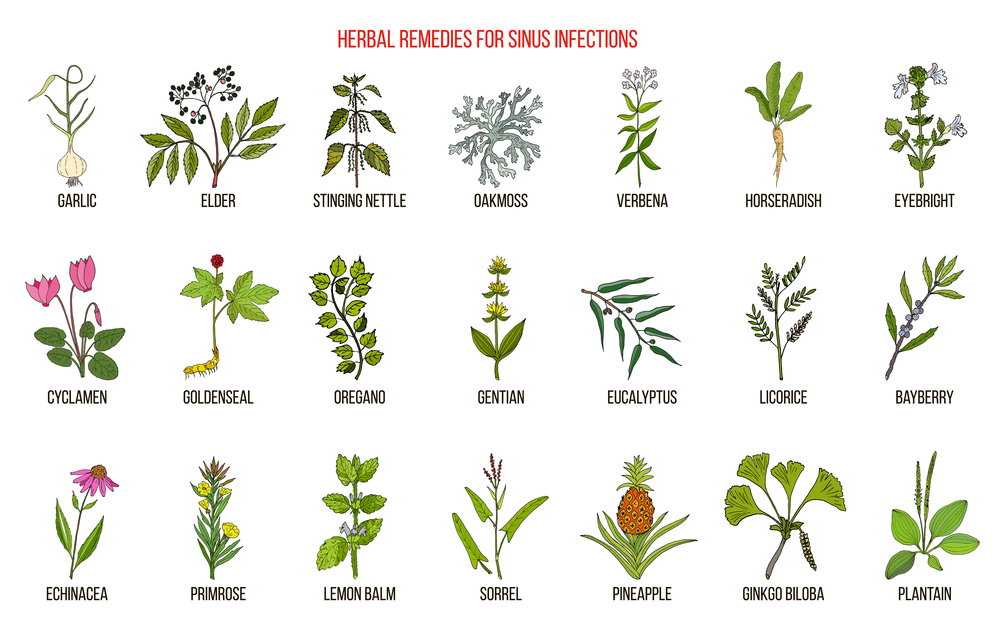The Truth About Essential Oils: Miracle Cure or Modern Hoax?
In recent years, essential oils have become popular in natural health. Praised for their potential to alleviate stress, improve sleep, and even boost immunity, these aromatic plant extracts have become a staple in homes across the globe. However, amid the growing enthusiasm lies an important question: Are essential oils a miracle cure or merely a modern hoax? To unravel this mystery, we need to examine what essential oils are, explore their benefits, assess the scientific evidence, and understand the potential risks involved.
What Are Essential Oils?
Essential oils are concentrated plant extracts obtained through steam distillation or cold pressing. These methods capture the plant’s scent and flavor, or its “essence.” Each oil contains a unique combination of active compounds with specific characteristics. For example, lavender oil is known for its calming effects, while tea tree oil is prized for its antimicrobial properties.
The use of essential oils dates back centuries, with ancient cultures such as the Egyptians, Greeks, and Chinese incorporating them into medicinal practices, religious rituals, and beauty regimens. Today, they are primarily used in aromatherapy, a holistic healing practice where inhaling these scents is believed to influence the brain’s limbic system, which governs emotions, memory, and behavior.

The Promised Benefits of Essential Oils
Essential Oils: Cure or Hoax?
Proponents of essential oils make bold claims about their efficacy. Popular uses include:
- Stress Reduction: Oils like lavender, chamomile, and bergamot promote relaxation and reduce anxiety.
- Improved Sleep: Lavender and cedarwood oils are frequently used to combat insomnia.
- Enhanced Focus: Peppermint and rosemary oils stimulate the mind and improve concentration.
- Immune Support: Eucalyptus and tea tree oils are touted for their antimicrobial and anti-inflammatory properties.
- Pain Relief: Oils like ginger and frankincense alleviate muscle and joint discomfort.
These claims are often supported by anecdotal evidence and traditional use. Advocates argue that because these remedies are natural and have been used for centuries, they must be effective.

The Science Behind Essential Oils
Essential Oils: Cure or Hoax?
While essential oils are steeped in historical use, the scientific community views their benefits with measured skepticism. Research on essential oils has produced mixed results, and much of the evidence comes from small-scale or preliminary studies. Here are some key findings:
- Stress and Anxiety: Some studies suggest that inhaling lavender oil can reduce anxiety levels, but the effects are often modest and may vary from person to person.
- Antimicrobial Properties: Tea tree oil has shown promise as an antiseptic against certain fungi and bacteria. However, these studies are often conducted in controlled laboratories and may not translate directly to real-world use.
- Pain Relief: Research on oils like ginger and frankincense suggests potential anti-inflammatory benefits, but more rigorous studies are needed to confirm their effectiveness.
- Sleep Improvement: In some studies, lavender oil has been associated with improved sleep quality, but its effects are not universally significant.
The lack of large-scale, peer-reviewed studies makes substantiating many sweeping claims about essential oils difficult. Furthermore, individual responses to these oils can vary widely, depending on genetics, environment, and existing health conditions.

Risks and Limitations
Essential Oils: Cure or Hoax?
Despite their natural origins, essential oils are not inherently safe. Their concentrated nature means they must be used with care. Some of the risks include:
- Skin Irritation: Applying undiluted essential oils directly to the skin can cause rashes or allergic reactions. Dilution with carrier oils like coconut or jojoba oil is vital.
- Toxicity: Certain oils like eucalyptus and wintergreen can be toxic if ingested in large quantities or misused.
- Photosensitivity: Citrus oils like lemon and bergamot can make skin more sensitive to sunlight, increasing the risk of sunburn.
- Interactions with Medications: Essential oils can interact with medications, potentially reducing their effectiveness or causing adverse effects.
Adding to the concern is the lack of regulation in the essential oil industry. In many countries, essential oils are classified as cosmetics or dietary supplements, which do not require the same rigorous testing as pharmaceuticals. This leads to variability in product quality, with some oils being adulterated or mislabeled. Consumers may inadvertently purchase products that contain synthetic additives or lack the advertised purity.

Essential Oils in Modern Health Practices
Despite the risks, essential oils can be a valuable complement to traditional health practices when used responsibly. For example:
- Aromatherapy for Relaxation: Incorporating essential oils into a calming routine, such as diffusing lavender oil during meditation, can enhance the experience.
- Topical Applications: When diluted appropriately, oils like tea tree and peppermint relieve minor skin irritations or ease muscle pain.
- Environmental Benefits: Using essential oils as natural alternatives to chemical-laden cleaning products or air fresheners can reduce exposure to synthetic chemicals.
Experts emphasize the importance of consulting healthcare professionals before incorporating essential oils into a health regimen, particularly for individuals with pre-existing conditions, pregnant women, and children.
The Consumer’s Role: Education and Discernment
Essential Oils: Cure or Hoax?
For those considering essential oils, staying informed is key. Here are some tips for responsible use:
- Research the Oil: Understand the specific properties, recommended uses, and potential risks of the oil you intend to use.
- Choose Reputable Brands: Look for companies that provide detailed information about sourcing, purity, and testing methods.
- Follow Usage Guidelines: Adhere to recommended dilution ratios and avoid internal use unless guided by a qualified professional.
- Start Small: Test for allergic reactions by applying diluted oil to a skin patch before broader use.
- Seek Evidence-Based Information: Be wary of exaggerated claims and consult credible sources for guidance.
Striking a Balance Between Tradition and Science
Essential oils occupy a unique space between ancient tradition and modern science. They are neither a universal cure nor a complete hoax. Instead, they offer potential benefits that require further exploration and thoughtful application. For many, the appeal lies in their ability to provide a sense of control over personal well-being and to connect with natural remedies.
However, their limitations and risks underscore the need for a balanced perspective. Rather than viewing essential oils as a replacement for conventional medicine, they should be seen as a complementary tool, used alongside evidence-based practices and under professional guidance.
Essential Oils: Cure or Hoax? Conclusion
The debate over essential oils—miracle cure or modern hoax—highlights the complexities of natural health products. While they promise to enhance relaxation, improve sleep, and support wellness, their efficacy and safety depend on informed, responsible use. As more research unfolds, consumers must remain discerning, balancing tradition’s allure with science’s insights.

Very informative
Thank you for the feedback
Comments are closed.